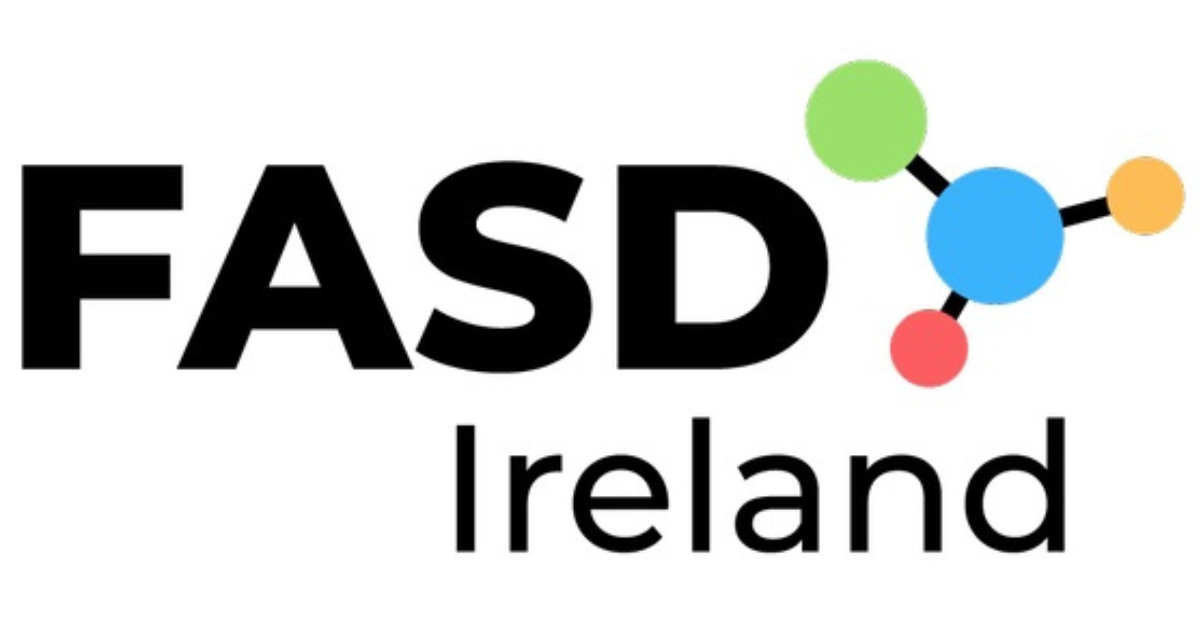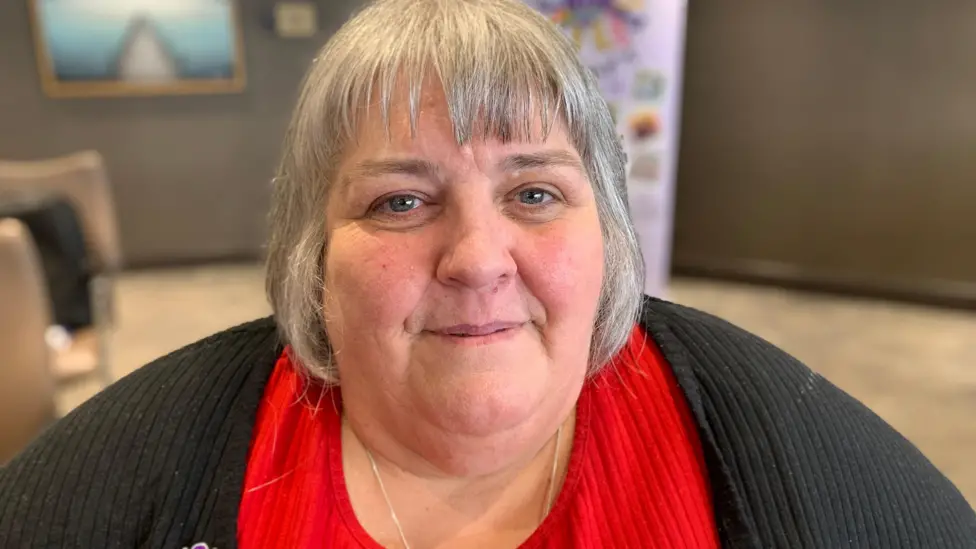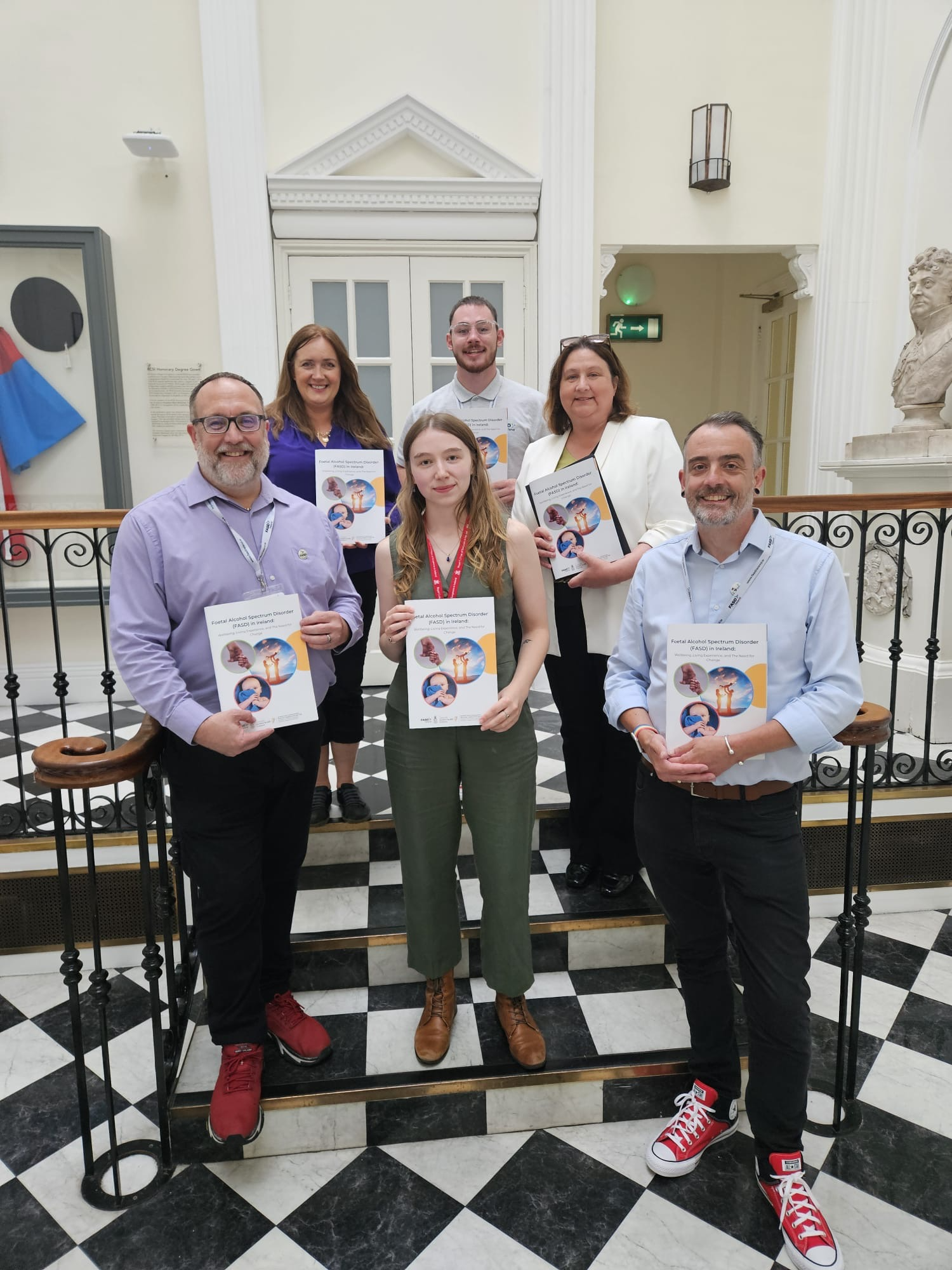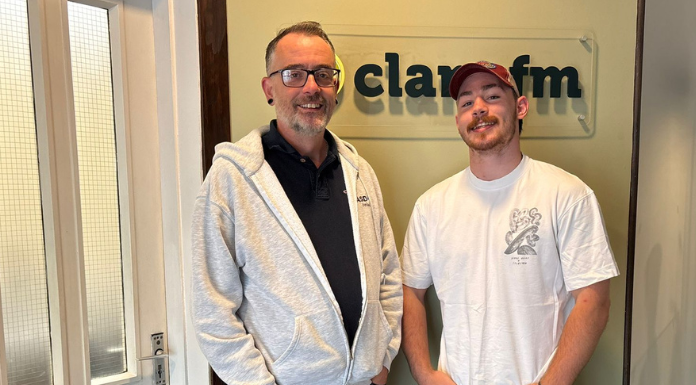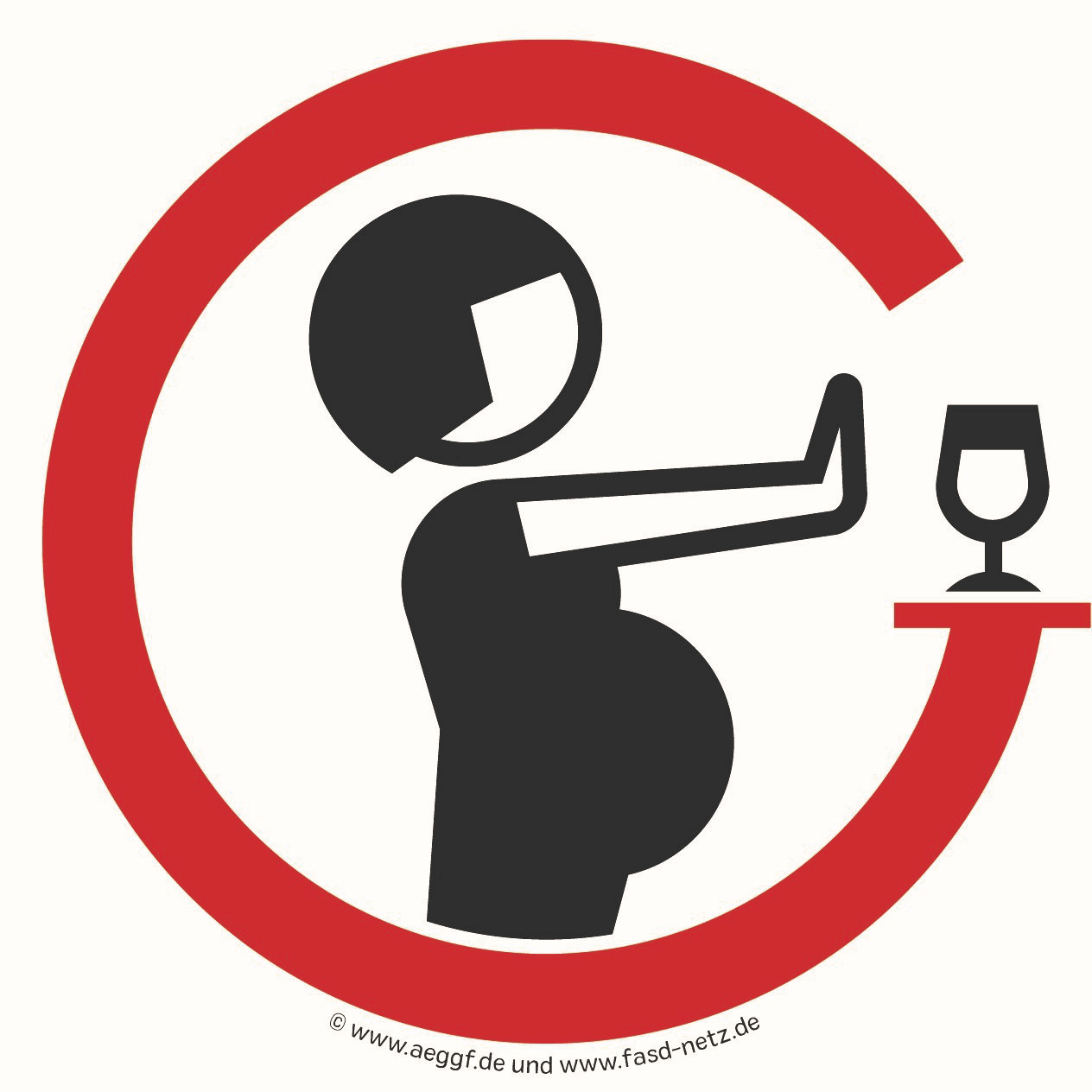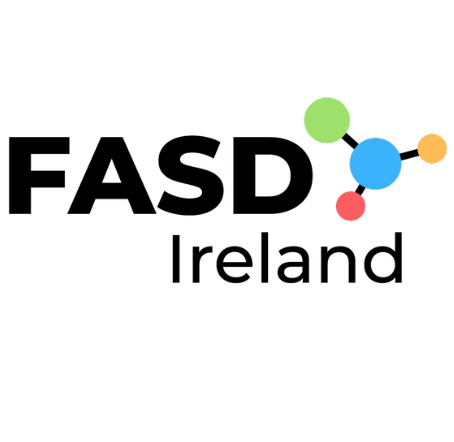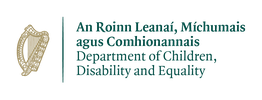With the 2023 budget on the horizon, what is FASD Ireland doing to help families living with FASD?

Minister Paschal Donohoe is due to produce the 2023 budget two weeks early on 27th September as a result of the cost of living crisis that Ireland - and the rest of the world - finds itself in. It is said that this budget
"will balance helping people with protecting the economy." So, with the promise of "helping people" this year's budget is of particular importance to families living with FASD.
FASD Ireland has sent a budget submission to Minister Paschal Donohoe for consideration. We expect that it is the first time that Foetal Alcohol Spectrum Disorder will have been considered in any Irish budget. This is important for a couple of reasons:
Essentially, FASD Ireland is proposing that an entirely new support framework needs to be established:
- We have asked Minister Donohoe to work with Minister Stephen Donnelly (Health) to provision funding for a National Clinic for FASD to be operated by the HSE, so that families are no longer directed to or have to pay for a referral and join the lengthy wait list to the UK's FASD Clinic in Surrey. Ireland is the only country in the developed world NOT to recognise FASD and to have a specialised clinic where a diagnosis can be obtained. Reflecting that FASD is a country-wide issue, we would like this clinic to be centrally located in the midlands, close to railway/bus and motorway access to ensure that no family has to travel from one side of the country to the other in seeking and obtaining a diagnosis.
- We have asked Minister Donohoe to work with Minister Josepha Madigan (Special Education Needs and Inclusion) and make a provision for additional funding to the NCSE, which will allow them, for the first time, to recognise FASD as a life-long neuro-developmental disability AND to provide SNA support so that children and young people with FASD can be supported into mainstream education. This will ensure that children and their families will have the right support in schools for their condition - not falling through the cracks and subsequently excluded from Education.
- We have asked Minister Donohoe to work with Minister Anne Rabbitte (Disabilities) to provision funding a National FASD Hub for Ireland, which FASD Ireland already has proposals to to open during Winter 2022. This will allow for a 7-day/week telephone helpline for families, young adults, educators, employers, social workers and practitioners to call for help, signposting and advice. The National FASD Hub for Ireland will also engage in Public Health Campaigns to prevent FASD jointly with the HSE, as well as delivering training to educators and social workers about FASD Awareness and how to support young people and families living with FASD.
As is so often the case with FASD, providing support needs people to work together, to make that leap of faith and abridge unexpected challenges. Supporting FASD requires cohesion from multiple agencies.
It is now time to start building the scaffolding that will support the estimated 247,000 people living with FASD in Ireland.
Notes:
- There have been many requests and attempts for an up-to-date and accurate FASD prevalence survey in Ireland. Whilst the latest numbers we may use are from a WHO estimate carried out in 2017, we recognise they are still only an estimate. The numbers we quote most often are that 600 babies each year are born in Ireland with FASD; and that 4.75% of population in Ireland have FASD. Finally, 82% of women in Ireland drink alcohol whilst pregnant. All these numbers rightly shock to the core, however, we must remember that they are all now 5 years out of date, and sadly we expect the numbers to have increased..
- If a person is diagnosed with FASD in Ireland - which is unlikely given the lack of a diagnosis pathway - then currently they are excluded from any support in Education as FASD is not recognised as a disability by the NCSE. Whilst this in itself is in direct contravention of the Equal Status Acts 2000-2018 (Education), it is the reality of lived experience, and as a result practitioners are being slewed towards a diagnosis with secondary or co-morbid conditions including ASD, ADHD and Tourettes, to ensure the young person receives some support. Until this anomaly is addressed by the NCSE, the numbers of people diagnosed with or expected to have FASD will continue to be unrealistically low.
